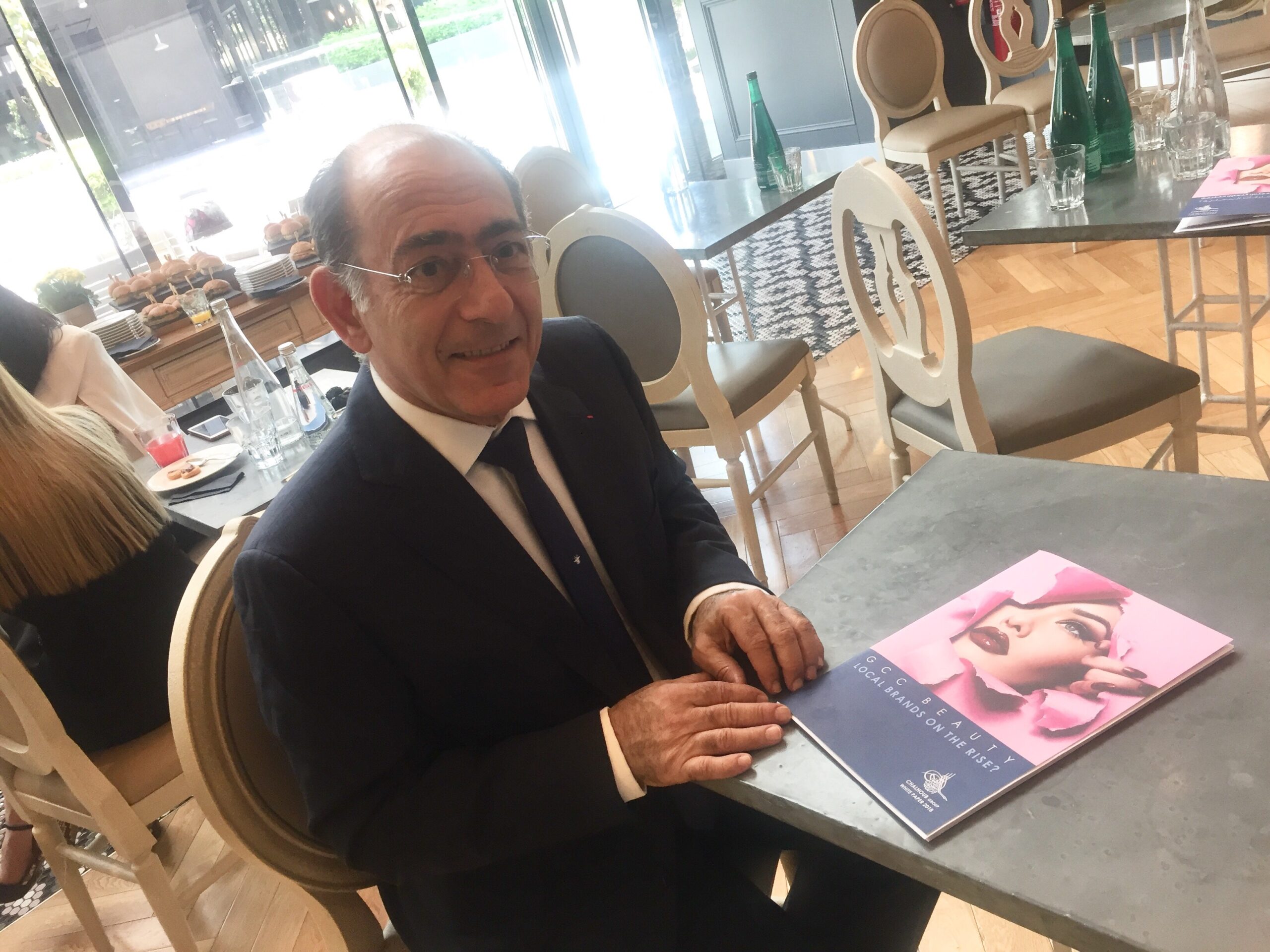
This morning luxury retail conglomerate Chalhoub Group – which holds in its portfolio a mix of international and home-grown beauty brands such as Sephora, Wojooh and Ghawali – released its beauty-focused white paper titled ‘GCC Beauty: Local Brands on the Rise?’
The report mentions that for years beauty consumers were satisfied with using products launched internationally even if it didn’t really meet their specific needs. Cut to the present, today’s “exploration-hungry” consumers are seeking “a more sophisticated and localised proposition,” which has led to the roaring success of the home-grown brands. Being born in the region, these brands enjoy “a crucial insider’s understanding of who their clients are, what they desire and how they perceive beauty.”
“The Middle East consumers have the money to spend. They like and are ever-ready to try on new items. We have to please these consumers, who lie at the centre of whatever we do. They like international brands and are also fond of home-grown concepts. And we strongly believe in supporting and sustaining these Middle Eastern brands that bring onboard excellent ideas,” said Chalhoub Group co-CEO, Anthony Chalhoub during an exclusive interview with RetailME.
These home-grown brands not only understand the beauty and grooming needs of regional consumers, but also engage with them differently, ensuring a close connection.
“Big brands have huge budgets to spend on communication and marketing. Most home-grown don’t have such budgets. But they have the imagination and the agility to create great stuff. Instead of leveraging traditional mediums, they engage with consumers across social media platforms. They speak to consumers directly, thereby forming a much stronger bond. Importantly, they are keen to get visibility and be globally known too, but they will do so step by step,” Chalhoub explained.
However, whether consumers are building their trust in the local brands and if retail groups are open to allocate space to these brands are areas worth looking into.
Chalhoub cited the example of Dr Lamees Hamdan’s popular home-grown brand Shiffa. “Hamdan is a doctor herself and ensures a strict control on product quality. In addition, she is the creator and not just a beauty consultant. That helps in building customer trust, which is why Shiffa is so successful.”
“Coming to acceptance of retail groups, sometime ago we introduced a home-grown brand Huda Beauty in Sephora. It was a huge success so much so that Sephora Singapore started enquiring about the Huda Beauty lashes. Word spread to Sephora in Europe. We were successful in creating a snowball effect. That’s not all. Within Tryano we have created a space called Beauty Nation to promote local brands. We strongly believe in giving start-ups a chance,” he added.
Read the full article in our upcoming, beauty special June edition.